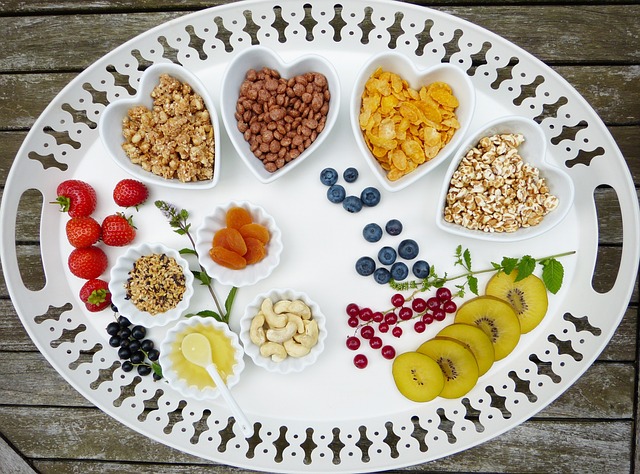Tips for a Balanced Pet Diet
As a pet owner, providing your furry friend with a balanced diet is crucial for their overall health and wellbeing. A well-balanced diet can help prevent chronic diseases, support healthy weight management, and even improve your pet’s mental wellbeing. In this article, we’ll explore the key tips and considerations for creating a balanced pet diet that meets your pet’s unique needs.
Understanding the Importance of a Balanced Diet
The first step in creating a balanced pet diet is to understand the importance of nutrition. Just like humans, pets require specific nutrients and vitamins to stay healthy. A balanced diet provides your pet with the necessary fuel for optimal health, while also preventing nutritional deficiencies that can lead to chronic diseases.
Key Nutrients and Vitamins
There are several key nutrients and vitamins that every pet needs, including:
* Protein: Essential for muscle growth and maintenance
* Fat: Provides energy and supports healthy skin and coat
* Carbohydrates: Supplies energy and supports digestive health
* Fiber: Helps maintain healthy digestion and prevents constipation
* Vitamins A, D, E, and K: Important for immune function, bone health, and eye health
* Minerals such as calcium, phosphorus, and potassium: Crucial for bone growth and maintenance
The next step is to choose the right food for your pet. With so many options available on the market, it can be overwhelming to decide which food is best for your furry friend. Here are some tips to consider:
* Consult with your veterinarian: They can help you determine the best diet for your pet based on their age, breed, health, and lifestyle.
* Look for nutrient-rich ingredients: Choose foods that contain high-quality protein sources such as chicken, salmon, or lamb, and whole grains like brown rice or oats.
* Avoid fillers and by-products: These can be detrimental to your pet’s health and should be avoided at all costs.
Understanding Your Pet’s Life Stage
Your pet’s life stage plays a significant role in determining their dietary needs. Puppies, for example, require more protein and calories than adult dogs, while senior pets may benefit from easier-to-digest foods that are lower in fiber.
Dietary Considerations for Specific Life Stages
* Puppies:
+ Require more protein (22-25% on a dry matter basis) to support growth and development
+ Need more calories (1,500-2,000 per day) to support energy needs
* Adult dogs:
+ Require less protein (18-20% on a dry matter basis)
+ May benefit from joint supplements to support joint health
* Senior dogs:
+ Benefit from easier-to-digest foods that are lower in fiber
+ May require more calories (1,000-1,500 per day) to maintain weight
Avoiding Common Nutritional Deficiencies
There are several common nutritional deficiencies that can affect pets, including:
* Vitamin D deficiency: Can lead to bone health problems and increased risk of osteoporosis
* Calcium deficiency: Can cause weak bones and kidney stones
* Fiber deficiency: Can lead to constipation and digestive issues
Additional Tips for a Balanced Pet Diet
In addition to choosing the right food, there are several other tips you can follow to ensure your pet is getting a balanced diet:
* Provide fresh water at all times
* Avoid overfeeding or underfeeding
* Limit treats and snacks
* Consider adding supplements such as omega-3 fatty acids or probiotics
Conclusion
Creating a balanced pet diet requires careful consideration of your pet’s unique needs, lifestyle, and health status. By following the tips outlined in this article, you can ensure your furry friend is getting the nutrients they need to stay healthy and thrive.
Consult with Your Veterinarian
Don’t forget to consult with your veterinarian if you have any questions or concerns about your pet’s diet. They can provide personalized recommendations based on your pet’s specific needs and health status.
Finally, stay informed about the latest developments in pet nutrition by following reputable sources such as the Pet Nutrition Alliance or Hill’s Pet Nutrition.

